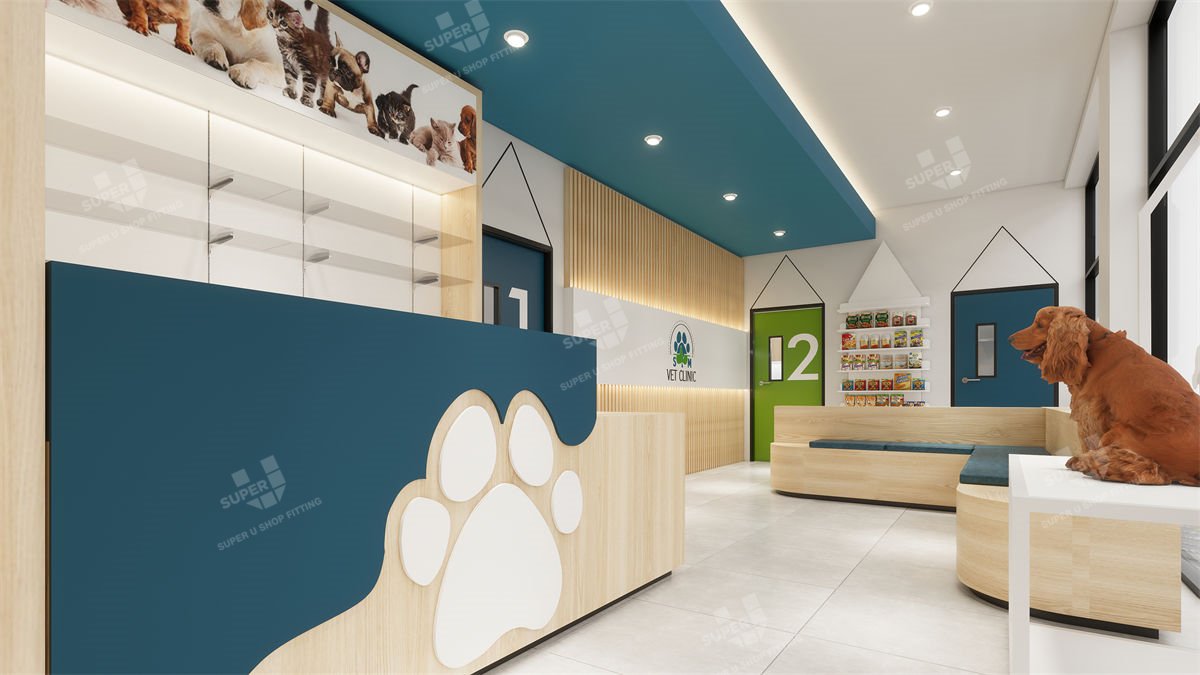Understanding Veterinary Clinical Laboratories Across America with Best Practices
Understanding Veterinary Clinical Laboratories Across America with Best Practices
Blog Article
Whether it’s routine blood work or advanced diagnostic panels, veterinary labs deliver the data veterinarians need to make informed decisions.
From routine screenings to emergency diagnostics, veterinary labs help uncover hidden health issues, confirm diagnoses, and track treatment progress.
Whether you’re a pet parent searching for a “veterinary lab near me” or a veterinary professional looking for top-tier lab partners, this guide will provide expert insights and practical tips.
How Veterinary Diagnostic Labs Work
A veterinary laboratory is a specialized facility where biological samples from animals—such as blood, urine, feces, or tissue—are analyzed to detect diseases, monitor health, and guide treatment plans.
Veterinary labs vary in size and specialization.
In the US, veterinary laboratories can operate as standalone diagnostic centers, be integrated into veterinary hospitals, or work as part of nationwide networks.

Common Tests Performed in Veterinary Labs
Routine blood tests, such as complete blood counts (CBC) and blood chemistry panels, provide insights into organ function, immune response, and general wellness.
For more specialized diagnostics, veterinary labs offer cytology (examining cells under a microscope), biopsies, hormone level testing (such as thyroid or cortisol), and infectious disease panels.
Whether a veterinarian is confirming laboratorios veterinários diabetes, diagnosing laboratorio para exames de animais cancer, ver a pagina or screening for zoonotic diseases, a reliable veterinary lab ensures the right data is available for informed decisions.
How to Find a Veterinary Lab Near You
Many vet clinics also have in-house labs for basic tests and refer complex cases to specialized facilities.
Reading reviews and checking for specific services (like 24-hour diagnostics or exotic animal testing) can also help narrow your search.
Choosing the right local lab ensures quick turnaround, reliable results, and peace of mind.

When to Use a 24-Hour Veterinary Lab
Standard labs typically process routine tests during business hours, while 24-hour veterinary labs offer emergency diagnostic services around the clock.
They maintain specialized staff and equipment ready for fast turnaround on urgent tests.
Balancing speed, cost, and specialization ensures your pet gets the right level of diagnostic support when it matters most.
Why Veterinary Diagnostics Matter for Your Pet’s Health
Without accurate diagnostics, treatment plans may miss the mark, potentially delaying recovery or worsening outcomes.
In chronic cases, regular lab monitoring ensures medications remain effective and side effects are minimized.
With the support of a trusted veterinary laboratory, you and your veterinarian can work together to make informed, timely, and effective healthcare decisions.
Why a Trusted Veterinary Lab Makes All the Difference
Whether you need routine bloodwork, specialized diagnostic panels, or emergency testing, the lab you choose plays a crucial role in guiding your veterinarian’s decisions.
The combination of expert veterinary care and reliable diagnostics is what keeps pets healthier, longer.
Stay informed, stay proactive, and don’t hesitate to ask your veterinarian how lab testing can enhance your pet’s care plan.
FAQ About Veterinary Laboratories
Why do vets use diagnostic labs?
These labs support veterinarians by providing accurate, fast diagnostic information essential for proper care.
How do I find a veterinary lab near me?
You can also search online directories or check with veterinary associations to find accredited labs in your area.
What emergencies require urgent lab testing?
If your pet experiences sudden, severe symptoms—such as collapse, poisoning, or acute injury—a 24-hour veterinary lab can provide rapid diagnostics to support emergency treatment.
What can veterinary lab tests detect?
Common tests include blood counts, chemistry panels, hormone levels, infectious disease screening, urinalysis, fecal exams, cytology, biopsies, and genetic testing.
What should I expect to pay for pet diagnostics?
Routine bloodwork may range from $50–$200, while specialized or emergency tests can cost more.
Report this page